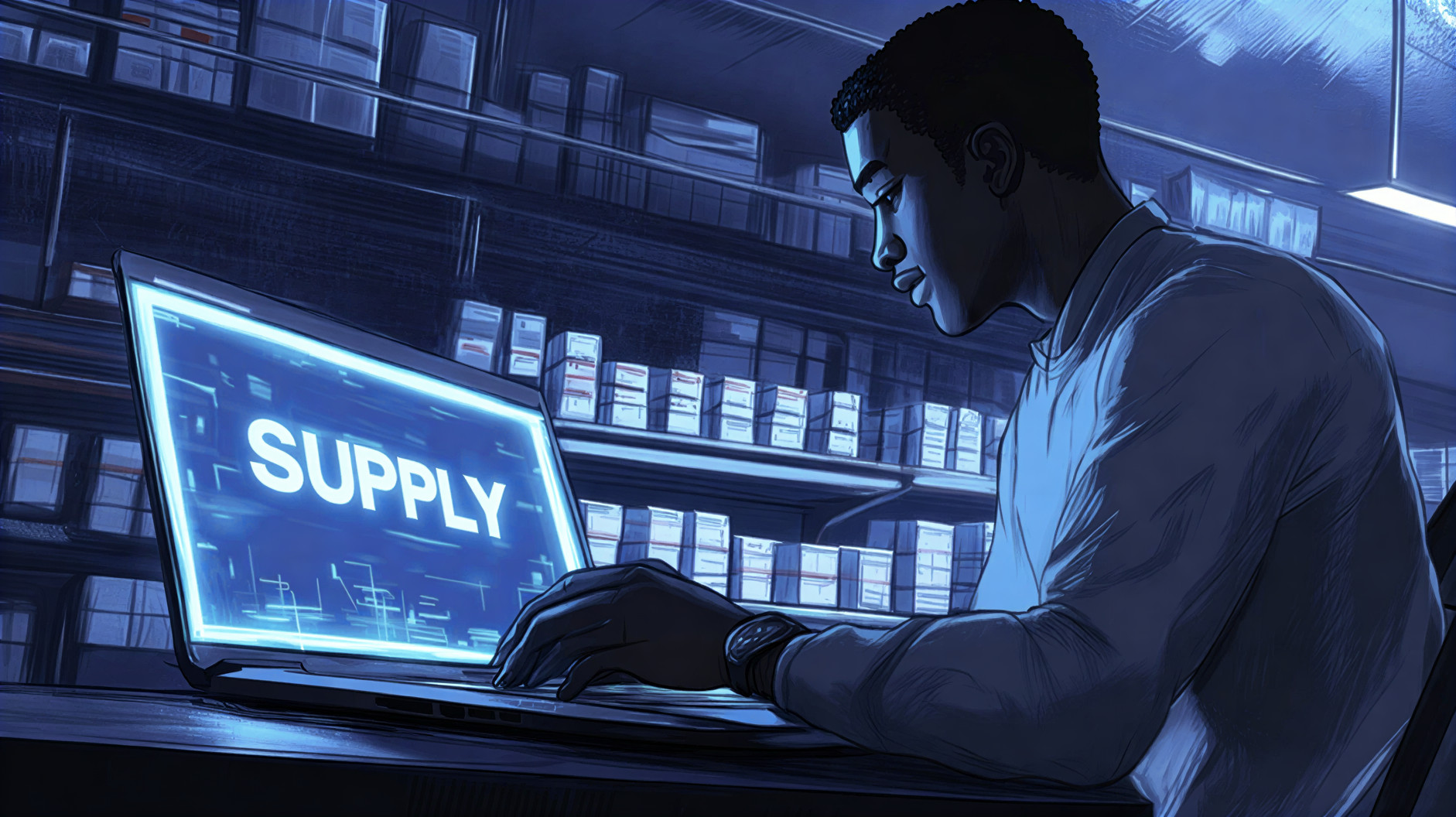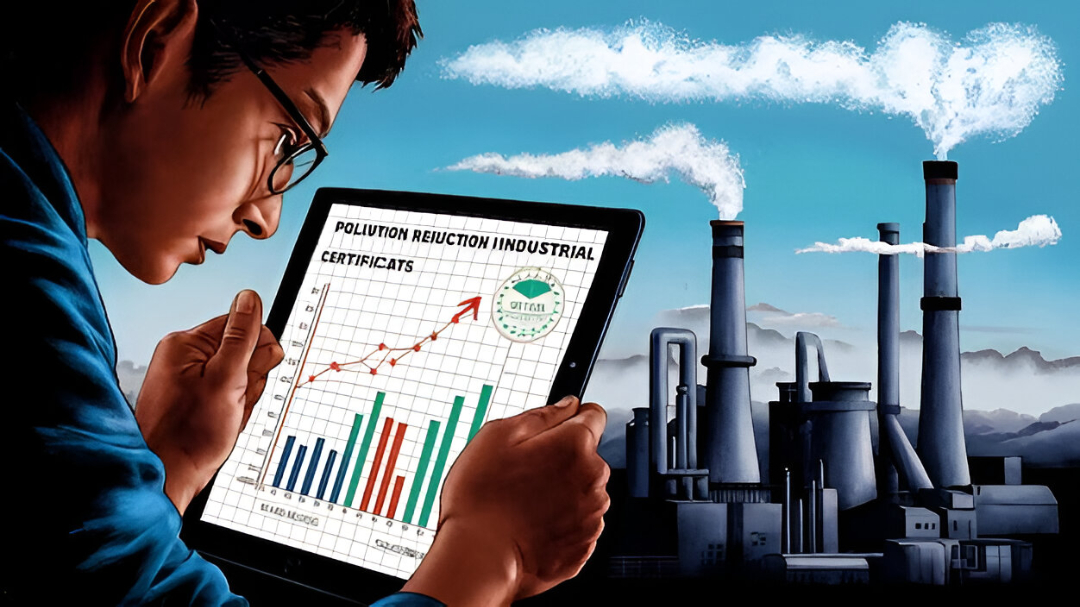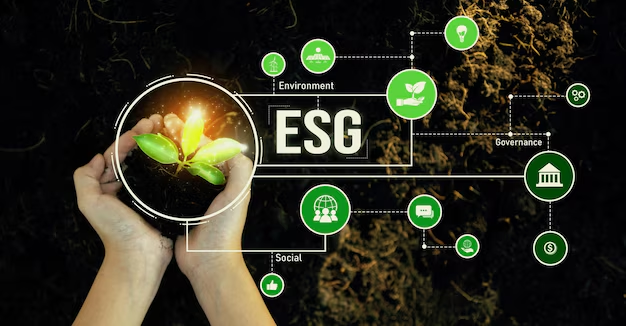27 January, 2026
WOCE Team
As we navigate January 2026, Indian steel exporters are grappling with the full brunt of the EU's Carbon Border Adjustment Mechanism (CBAM), which entered its definitive phase on January 1st. Picture this: A shipment of hot-rolled coils from Mumbai to Rotterdam now incurs a carbon levy that could slash profit margins by 15-22%, forcing exporters to discount prices just to stay competitive. This isn't hypothetical anymore; exports of steel and Iron to..









